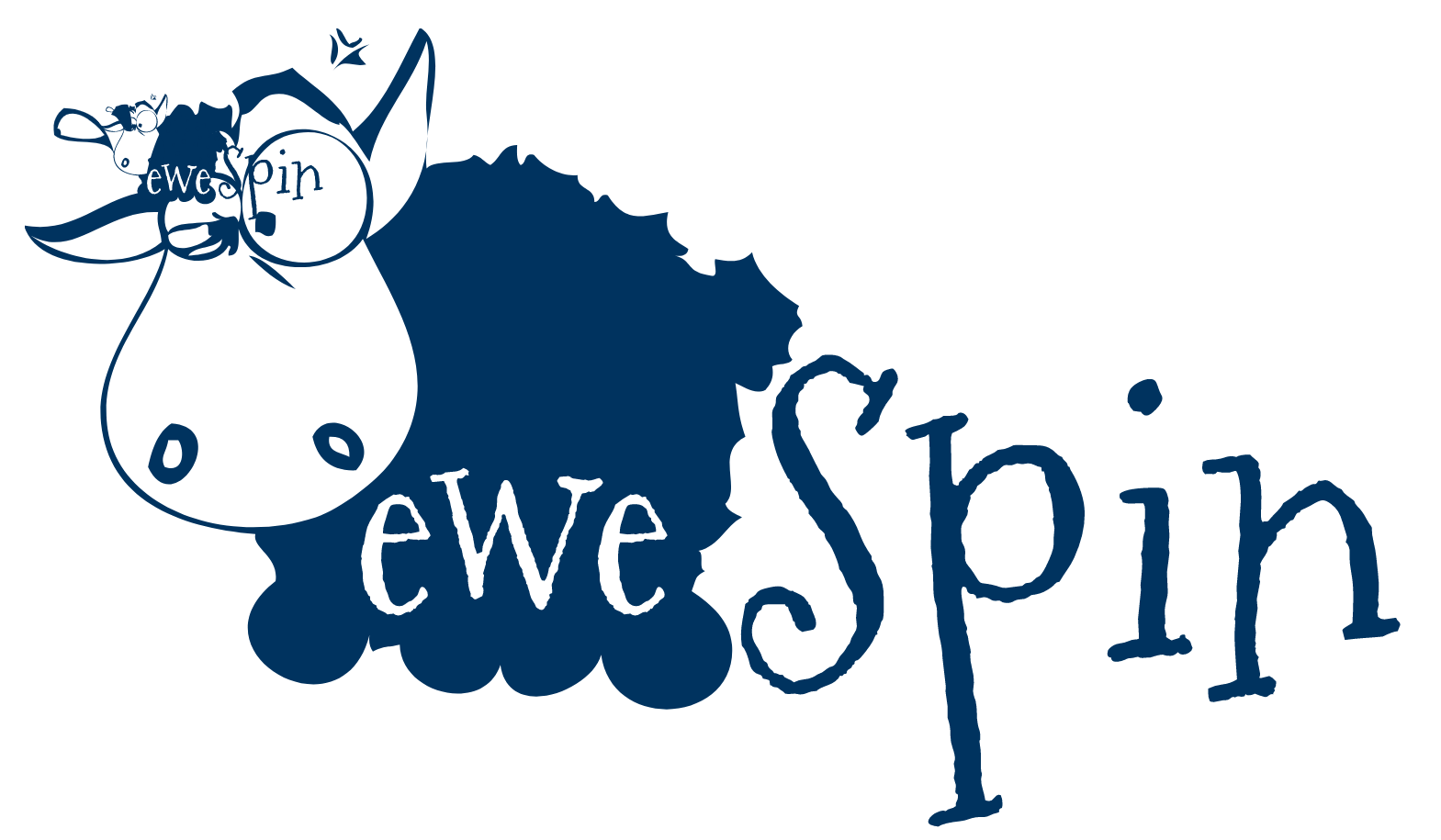Filters go against the Library Bill of Rights
http://www.ala.org/advocacy/intfreedom/filtering
Assistance and Consultation
The staff of the Office for Intellectual Freedom is available to answer questions or provide assistance to librarians, trustees, educators and the public about internet filtering. Areas of assistance include policy development, First Amendment issues, and professional ethics. Inquiries can be directed via email to oif@ala.org or via phone at 800-545-2433, extension 4220.
Library Services & Technology Act (LSTA) Funding
Through the Library Services and Technology Act (LSTA), the Institute of Museum and Library Services (IMLS) is able to provide funding to support library services to all 50 states, the District of Columbia, and the Territories. In Arizona, those funds are administered by the Arizona State Library in the form of statewide initiatives, subgrants, and cooperative agreements.
http://www.ala.org/advocacy/fund-libraries/LSTA
CIPA (Children’s Internet Protection Act) – signed into law by the Supreme Court in 2003. The law is supposed to encourage public libraries and schools to filter child pornography and obscene or “harmful to minors” images from the library’s Internet connection in exchange for continued federal funding.
Obscene, as that term is defined in section 1460 of title 18, United States Code (USC Title 18 Section 1460)
Obscenity further defined (three-prong standard or the Miller test):
https://en.wikipedia.org/wiki/Miller_v._California
Child pornography, as that term is defined in section 2256 of title 18, United States
Code
(B) HARMFUL TO MINORS.--The term `harmful to minors' means any picture, image, graphic image file, or other visual depiction that-- (i) taken as a whole and with respect to minors, appeals to a prurient interest in
nudity, sex, or excretion;
(ii) depicts, describes, or represents, in a patently offensive way with respect to what is suitable for minors, an actual or simulated sexual act or sexual contact, actual or simulated normal or perverted sexual acts, or a lewd exhibition of the genitals; and (iii) taken as a whole, lacks serious literary, artistic, political, or scientific value as to
minors.
Best Overview of CIPA:
http://www.ala.org/advocacy/advleg/federallegislation/cipa
Legal battle outcome in 2003
Supreme Court decision in United States v. American Library Association, No. 02-361 (June 23, 2003), “the CIPA decision,”
http://www.law.cornell.edu/supct/html/02-361.ZS.html
Appellees, a group of libraries, patrons, Web site publishers, and related parties, sued the Government, challenging the constitutionality of CIPA’s filtering provisions.
Justice Kennedy concluded that if, as the Government represents, a librarian will unblock filtered material or disable the Internet software filter without significant delay on an adult user’s request, there is little to this case. There are substantial Government interests at stake here: The interest in protecting young library users from material inappropriate for minors is legitimate, and even compelling, as all Members of the Court appear to agree. Given this interest, and the failure to show that adult library users’ access to the material is burdened in any significant degree, the statute is not unconstitutional on its face. If some libraries do not have the capacity to unblock specific Web sites or to disable the filter or if it is shown that an adult user’s election to view constitutionally protected Internet material is burdened in some other substantial way, that would be the subject for an as-applied challenge, not this facial challenge. Pp. 1—2.
Wiki Overview of CIPA:
https://en.wikipedia.org/wiki/Children%27s_Internet_Protection_Act
Read more here:
https://www.in.gov/library/3331.htm
Actual law here:
http://ifea.net/cipa.pdf
Consumer overview here:
https://www.fcc.gov/sites/default/files/childrens_internet_protection_act_cipa.pdf
Filling a complain with the FCC:
Filing a complaint
You have multiple options for filing a complaint with the FCC:
• File a complaint online at https://consumercomplaints.fcc.gov
• By phone: 1-888-CALL-FCC (1-888-225-5322); TTY: 1-888-TELL-FCC (1-888-835-5322); ASL:
1-844-432-2275
• By mail (please include your name, address, contact information and as much detail about your
complaint as possible):
Federal Communications Commission
Consumer and Governmental Affairs Bureau
Consumer Inquiries and Complaints Division
445 12th Street, S.W.
Washington, DC 20554
The U.S. Federal Communications Commission (FCC) subsequently instructed libraries complying with CIPA to implement a procedure for unblocking the filter upon request by an adult.
http://hraunfoss.fcc.gov/edocs_public/attachmatch/FCC-03-188A1.pdf
Defined:
Neighborhood Children’s Internet Protection Act (NCIPA): section 254(l), specifically 254(h)(6), which governs libraries.
Library government funding sources e-rate discounts and Library Services and Technology Act.
Learn about E-rate:
https://www.usac.org/e-rate/
Questions
Can the Library implement Internet safety on personal computers, the CIPA states library computers. This could be a loop hole. Investigate this further.
http://ifea.net/cipa.pdf
See the following section:
(6) REQUIREMENTS FOR CERTAIN LIBRARIES WITH COMPUTERS HAVING INTERNET ACCESS.– (A) INTERNET SAFETY.–
(C) CERTIFICATION WITH RESPECT TO ADULTS.–A certification under this paragraph is a certification that the library– (i) is enforcing a policy of Internet safety that includes the operation of a technology
protection measure with respect to any of its computers with Internet access that protects
against access through such computers to visual depictions that are–
(I) obscene; or (II) child pornography; and
15
(ii) is enforcing the operation of such technology protection measure during any use of such computers. (D) DISABLING DURING ADULT USE.–An administrator, supervisor, or other
person authorized by the certifying authority under subparagraph (A)(i) may disable the
technology protection measure concerned, during use by an adult, to enable access for
bona fide research or other lawful purpose.
(F) NONCOMPLIANCE.– –>(ii) FAILURE TO COMPLY WITH CERTIFICATION.–Any library that
knowingly fails to ensure the use of its computers in accordance with a certification under
subparagraphs (B) and (C) shall reimburse all funds and discounts received under this
subsection for the period covered by such certification.
